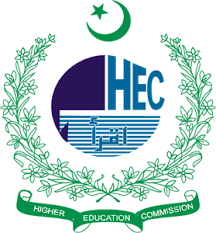The Islamic Perspective on Information Technology: Finding a Balance between Knowledge, Ethics, and Community Well-Being
Keywords:
Islam, Information Technology, Ethics, Maqasid al-Shari‘ah, Community Well-Being, KnowledgeAbstract
Information Technology (IT) has become one of the most transformative forces of the modern era, reshaping education, communication, governance, economics, and even religious practice. While it brings immense opportunities for knowledge-sharing, community development, and social justice, it also introduces profound ethical challenges such as privacy violations, misinformation, intellectual property disputes, addiction, and online extremism. From an Islamic perspective, technology must be evaluated through the moral framework of the Qur’an, Sunnah, and maqasid al-shari‘ah (higher objectives of Islamic law), which emphasize the preservation of faith, life, intellect, wealth, and lineage.
This research explores the Islamic perspective on IT with a focus on striking a balance between knowledge, ethics, and community well-being. The study highlights that Islam encourages the pursuit of knowledge and innovation, provided it is guided by sincerity (ikhlas) and responsibility (amanah). Ethical principles such as truthfulness, justice, trust, and moderation provide safeguards against the misuse of digital tools. Furthermore, IT can play a vital role in enhancing community well-being by supporting education, healthcare, governance, economic empowerment, and religious practice, provided that its implementation aligns with Islamic ethical standards.
The findings suggest that Muslim societies must neither reject nor uncritically adopt IT. Instead, a conscious and balanced integration is necessary—one that combines technical innovation with ethical accountability. The paper concludes with recommendations for developing an Islamic digital ethics framework, strengthening digital literacy, and promoting IT-driven social justice. Ultimately, the Islamic vision regards IT not merely as a technological advancement but as a divine trust (amanah) to be utilized for human flourishing and the service of Allah’s creation.









